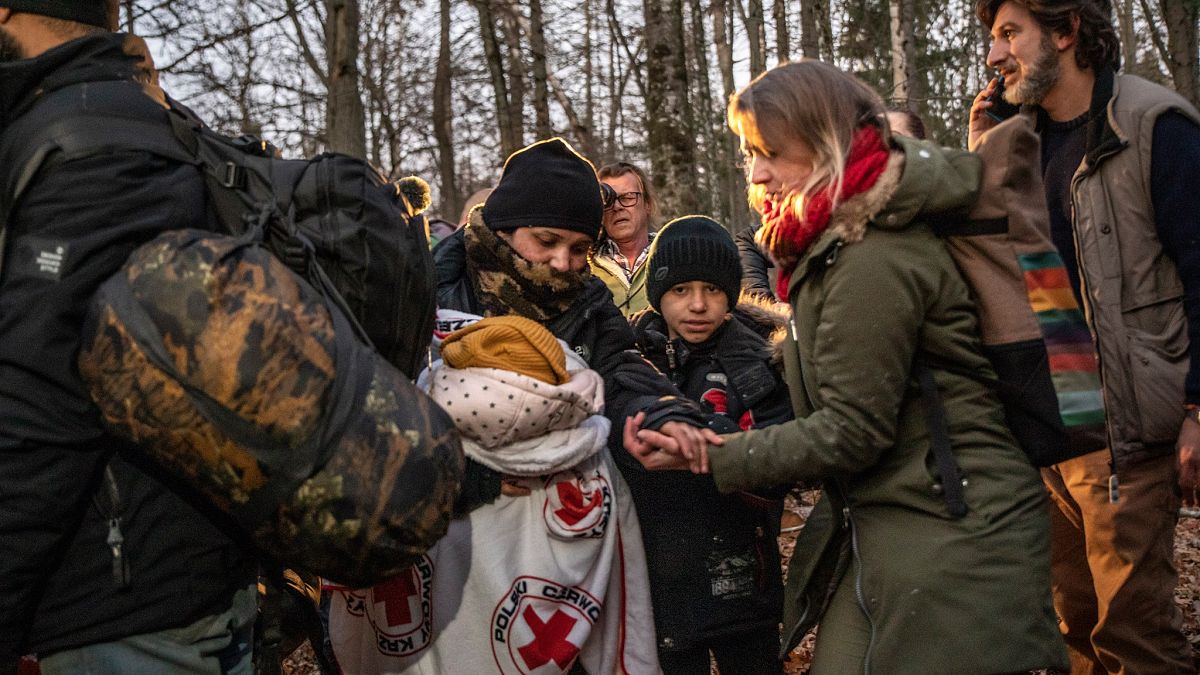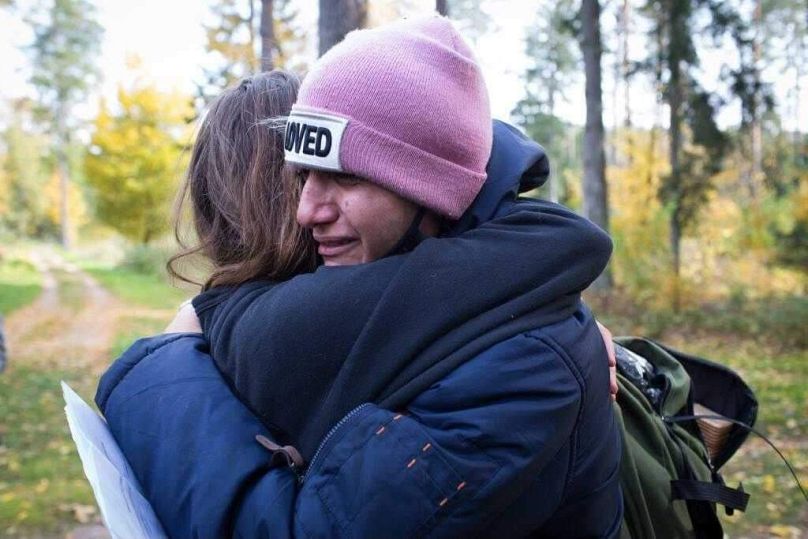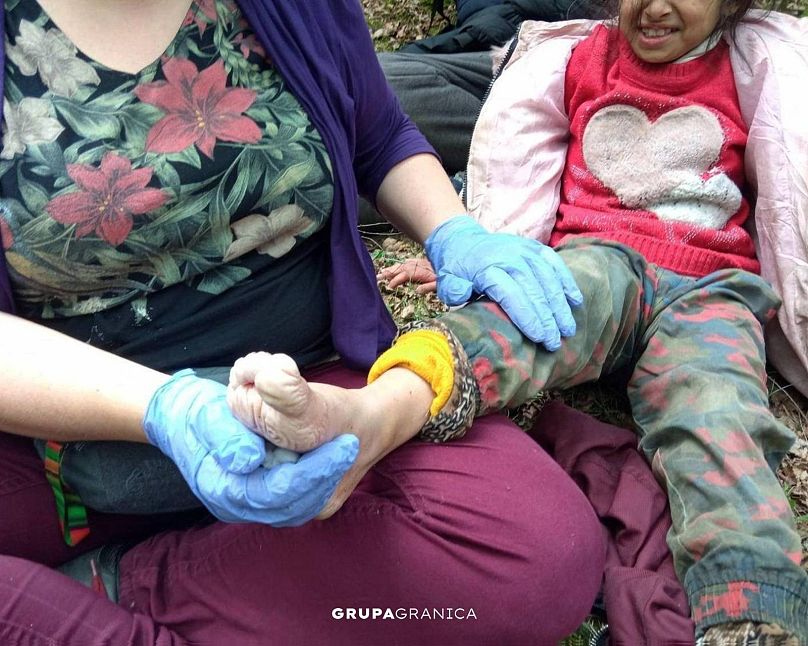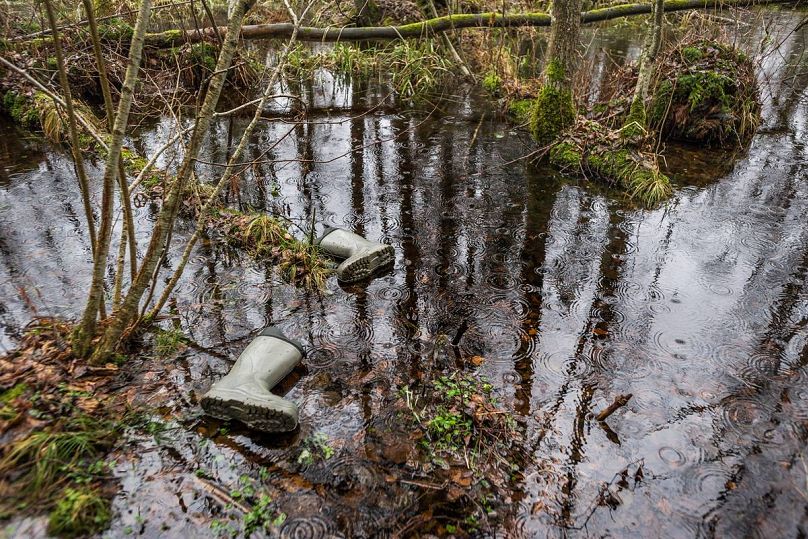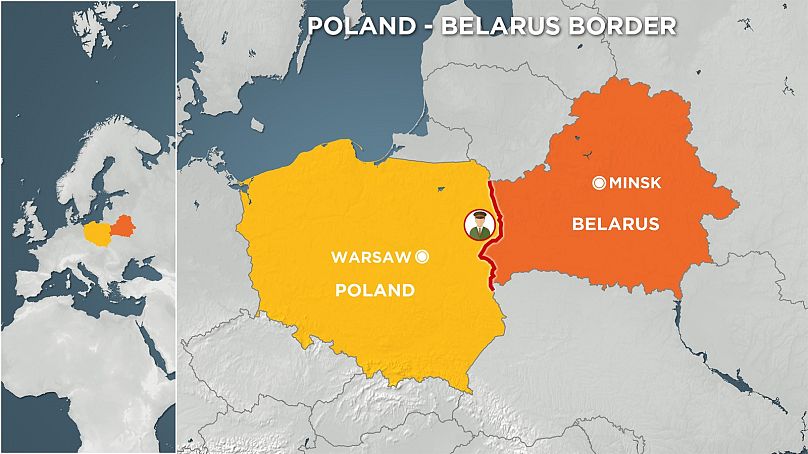In a forest listed as a UNESCO World Heritage Site, hundreds of migrants fight for survival in the hope of crossing into the European Union. So far, 48 bodies have been found there since the start of the migration crisis two years ago
In the oldest and densest natural forest in Europe, on the border between Poland and Belarus, the bodies of 48 migrants have been found in the last two years. According to figures from the Polish NGO Grupa Granica.
"You can't really be prepared to survive here," laments Anna Alboth, an NGO activist who helps refugees in the Bialowieza Forest, a UNESCO World Heritage Site.
The migrants are trying to survive in the face of many dangers in this "red zone". And each season brings its own difficulties.
"Eastern Poland is very harsh. There are swamps and huge forests. In summer, it's very hot and there's nothing to drink. In winter, it can be as cold as minus 20 degrees," says Alboth.
Another danger, according to the NGO, is the presence of Polish border guards.
"They are beaten by Polish border guards, bitten by dogs, their money taken away, their phones destroyed so they can no longer communicate. All this is done to discourage them from coming," she explains.
Although it has been legal to turn back migrants in Poland since 2021, Polish border guards denies this is what they do.
"There are no complaints against the Polish officers. I don't understand where these allegations are coming from. If anyone thinks that a Polish border guard has used violence, they should take their complaint to court," explains their spokeswoman, Anna Michalska.
Asylum applications refused
The Polish NGO Grupa Granica also accuses the Polish border guards of not accepting asylum applications from migrants. "They don't let them apply, even if they speak English and show their papers," says campaigner Anna Alboth.
The spokeswoman for the Polish border guards also denies these accusations.
According to her, the migrants are not planning to stay in Poland, and want to seek asylum in Germany, France, or the UK. "That's why they're hiding from us", says the woman whose job it is to protect Poland's borders.
In 2022, Poland built a 186 km steel wall to prevent migrants from crossing the 416 km long border. But its effectiveness is being questioned.
"In two years, nothing has changed, people are still trying to cross the border. Last week, we helped 250 people - children, pregnant women," says Anna Alboth. "With a broken leg or arm, crossing the forest is more complicated."
In Poland, the migration issue is becoming part of the political debate in the middle of the election campaign. Warsaw opposed a reform of European migration policy at the last European summit. The Polish government wants to hold a referendum on the issue of accepting refugees at the same time as the parliamentary elections, this autumn.
